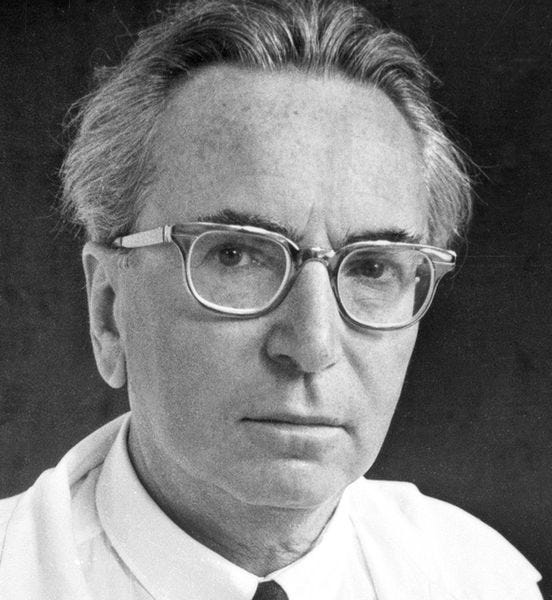Men Searching for Meaning
#121 Angelinvesting.it - From idea to Series A - Weekly Newsletter
Dear reader,
Viktor Frankl found himself in a concentration camp.
He survived partly because he was more fortunate than others (as discussed in last week's newsletter), but also—perhaps primarily—because he had a mission: to share what he had experienced and understood through that singular, tragic ordeal.
What Frankl, as a psychologist and acute observer, discovered was that in the concentration camps, those who survived were those who felt they had a purpose.
The mission to endure what fate had thrust upon them became their anchor.
He observed that those who perished would first lose their belief in having a mission before surrendering to death.
He noted how those who hoped too intensely, who sought solace in imaginary deadlines or any form of false hope, only wounded themselves more deeply when reality failed to meet those expectations.
In contrast, those who managed to find meaning amid the horror discovered a reason to survive another day in that unbearable existence.
"Man's Search for Meaning" remains the most profound book I have ever read and revisited. It is pure life distilled from the depths of horror.
My understanding of this work has transformed profoundly over the years.
In my youth, I believed the essence of life was to find meaning, and that whatever meaning one found would suffice to give life purpose. But with the passing years—marked first by gray hairs and later by baldness—my interpretation of the book, and of life itself, evolved.
I came to realize that the true search isn't for meaning itself, but rather through suffering.
From horror, pain, and challenge—from that gripping fear in your stomach when facing something you desire but don't know how to achieve—from those very struggles emerges the meaning of a life truly lived.
Have a great weekend,
Simone


